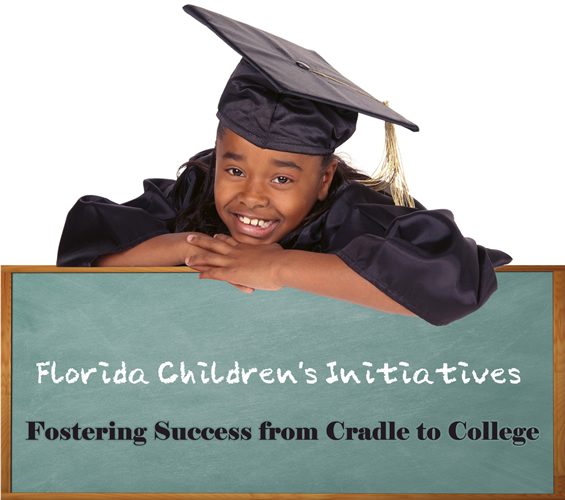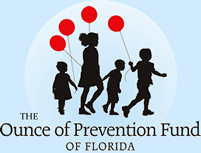Florida Children's Initiatives
Special Grant Made Available
Pursuant to Florida Statute 409.147, the Florida Department of Children and Families is offering a one-time grant to help eligible communities develop a designation application. Proposals will be reviewed in the order in which they are received. Grant recipients will be notified as they are deemed eligible. There are limited grants available.
To apply for the grant, follow all the steps in this PDF: Request for Proposals for Florida Children's Initiative Planning Grants. Please don’t delay -- email the proposal as soon as it’s ready.
Questions & Answers
Can grant funds be used for staff?
Yes, grant funds can be used for any community resident(s), staff member(s), or consultant(s) working to complete the Florida Children’s Initiative application.
What else can grant funds be used for?
The funds can also be used for activities such as community engagement, research/data collection, town hall meetings/interviews with community residents, workgroup meetings, and development of the Community Strategic Plan, as related to the completion of the FCI application.
When does the grant end?
All funds must be spent by June 30. Grants will be advance cost reimbursement.
Can anyone apply for a Florida Children’s Initiative designation?
These planning grants are for counties that do not currently have a Children’s Initiative (Pursuant to FS 409.147). However, any community can apply for the FCI designation at any time.

Florida Children's Initiatives (FCI) are modeled after the nationally recognized Harlem Children's Zone. The 2008 Florida Legislature assigned The Ounce of Prevention Fund of Florida the responsibility for reviewing and approving requests from local municipalities and/or counties to obtain a Children's Initiative designation. The authority to review and approve such requests is based in Florida Statute 409.147.
A Children's Initiative is a neighborhood or community in Florida where the infrastructure and opportunities that middle-class communities take for granted are nonexistent or so marginal that they are ineffective.
- Children living in these neighborhoods are not read to by an adult on a regular basis and attend a pre-kindergarten education program at a much lower rate than children in other communities.
- These children experience below-average performance on standardized tests and graduate from high school in fewer numbers.
- Most of these children are eligible for the free or reduced-price school lunch program.
- Children in these neighborhoods often suffer from high rates of asthma, a higher risk of lead poisoning, and inadequate health care, and they are routinely exposed to violence and crime.
In spite of these obstacles, these neighborhoods are many times home to strong individuals and institutions that are committed to making a difference in the lives of children and their families.
It is therefore the intent of the Legislature to assist disadvantaged areas within the state in creating a community-based service network that develops, coordinates, and provides quality education, accessible health care, youth development programs, opportunities for employment, and safe and affordable housing for children and families living within its boundaries.
Florida Statute 409.147 establishes a process that clearly identifies severely disadvantaged areas and provides guidance for developing a new social service paradigm that systematically coordinates programs that address the critical needs of children and their families and for directing efforts to rebuild the basic infrastructure of the community.

